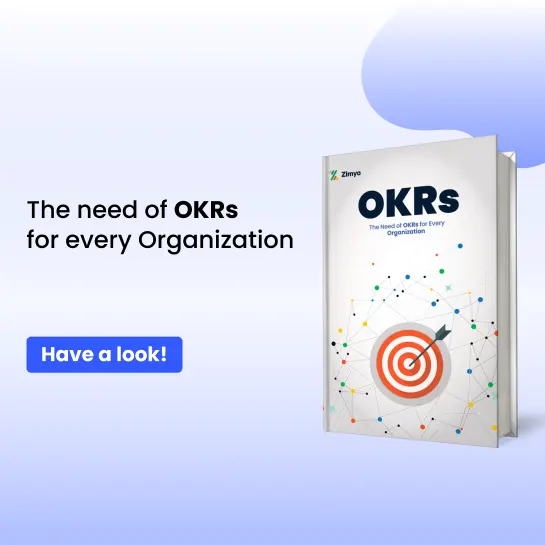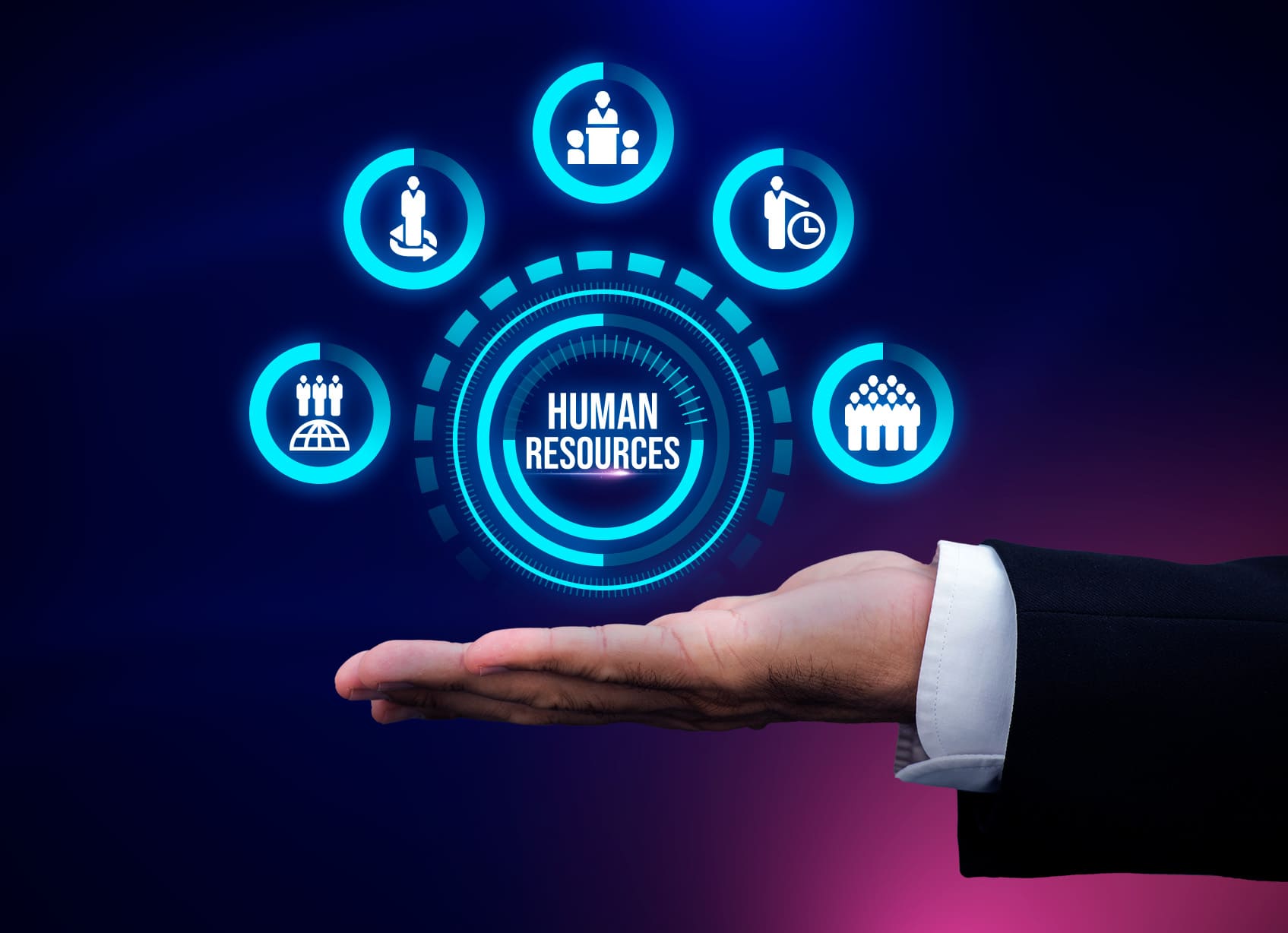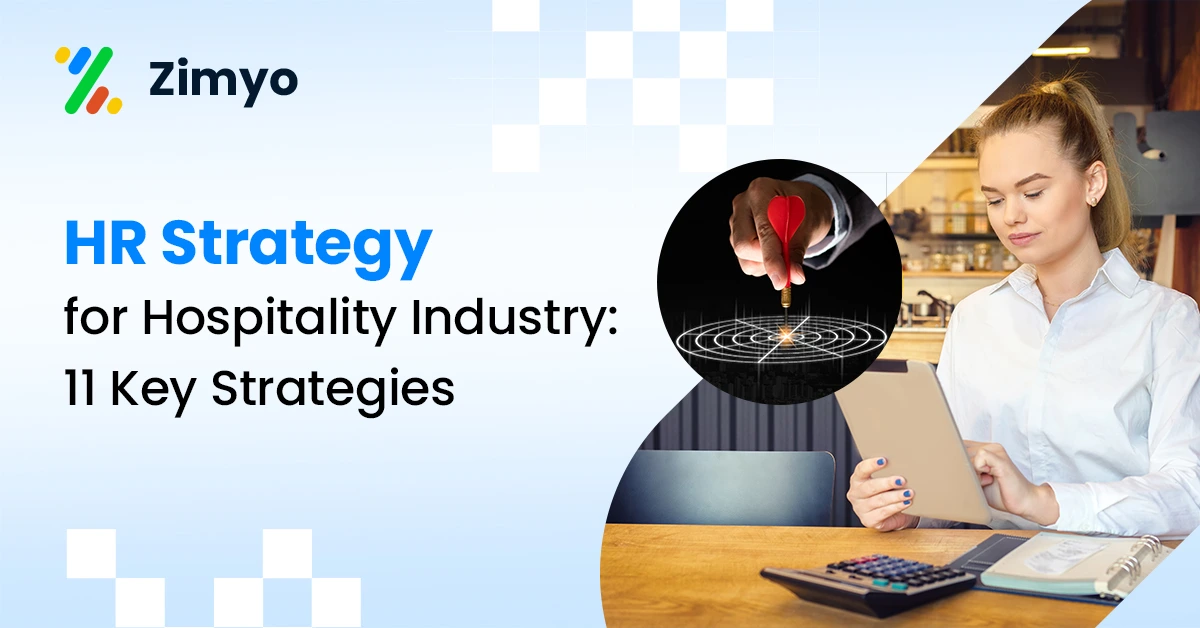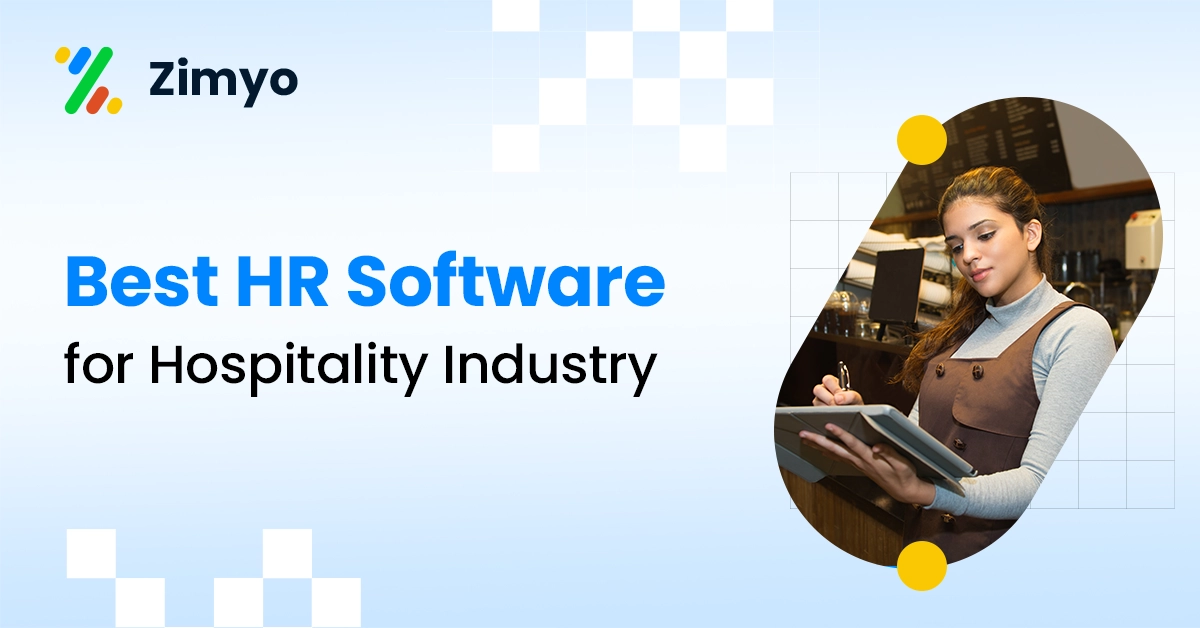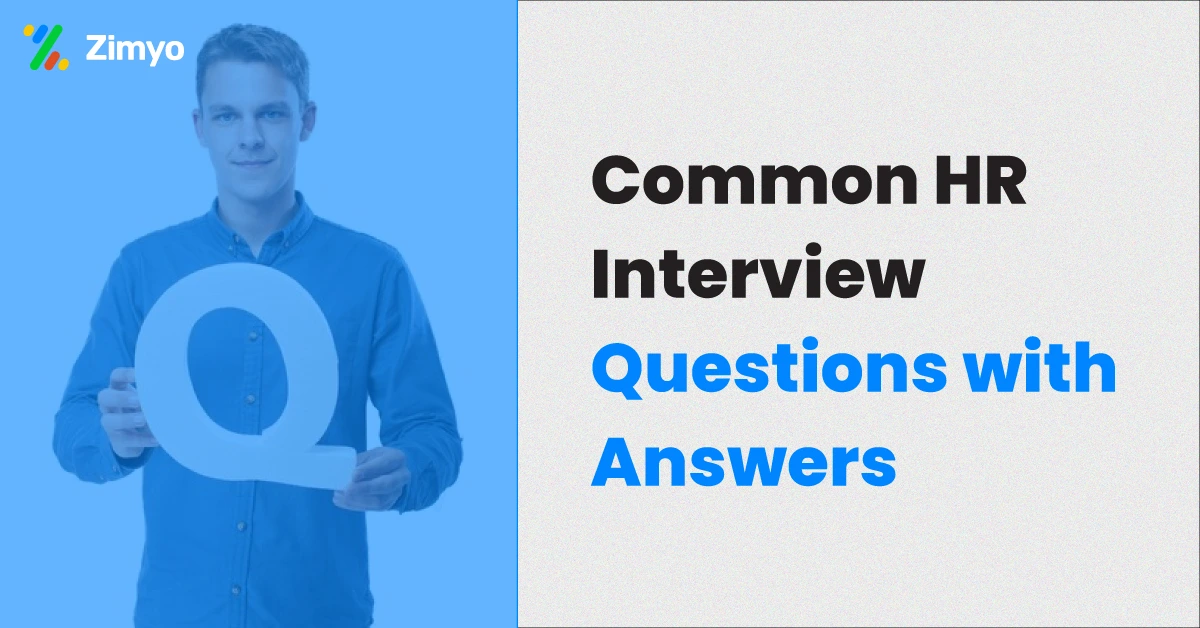Employee wellbeing was on the radar of organisations even before the Covid-19 pandemic hit the world. Employee wellbeing was one of the top ranked trends of importance in the 2020 Global Human Capital Trends Report by Deloitte. Nearly 80 percent of respondents in the survey identified employee wellbeing as important or very important to their organisation’s success.
When Covid-19 took over and completely changed the world of work, a new light was cast on the importance of employee wellbeing. Economic recession, remote work arrangements, social isolation, stress and panic caused by the rampant uncertainty made organisations acutely aware of the importance of incorporating a wellbeing strategy for employees. Covid-19 made organisations re-look at employee wellbeing and pay serious heed to two most crucial health concerns for employees – stress and burnout.
The pandemic saw organisations rush to their employees needs by taking action to redirect resources to ensure the safety and wellbeing of employees. Be it moving workers into remote work arrangements, implementing testing and contact tracing strategies for onsite workers or putting new policies and procedures in place that put the health and safety of employees on top priority, organisations did flow with the uncertain tides and took extraordinary measures to safeguard worker wellbeing. This should continue to be the priority for organisations to avoid putting their business at risk and keep their employees happy.
The Struggle of Employees
The definition of success has changed over the years. Unfortunately, one of the various understandings of success has somehow glorified long work hours, unlimited notifications throughout the day and the need to be active 24/7 over email or call. Because of work-from-home becoming a norm, the line between personal and professional lives is getting increasingly blurred, with aspects of both merging in various degrees.
Previously, employees left their work when they left their workplace, but now with workplace and personal lives merging under the roof of their homes, isolating one from the other has become a struggle for many. This is causing a lot of overwhelm and anxiety among employees, among other things. In the UK, a greater proportion of workers said they were struggling with their work-life balance in 2020 than before the pandemic.
A lot of employees are also driven by internal influences, external factors and societal pressures to do much more than their organisational culture demands. This might force them to put undue pressure and hardships upon themselves. Putting or feeling extensive pressure due to a lot of overwhelming elements for a long time can make employees end up feeling fatigued or burned out.
HR needs to keep sight of such feelings not just to react sensibly to such delicate situations, but to also prevent them from occurring. The pandemic has put more emphasis on the way HR can proactively serve as an empowering body of the organisations that can make everyone’s work more meaningful and productive.
What Do Employees Want?
While work from home seems to be the new norm, employees do not want either a fully remote work or a fully in office arrangement. According to a recent Glassdoor study, 70 percent of employees said they prefer a hybrid remote-office work arrangement post Covid-19. When asked about the most ideal work arrangement post-COVID-19, 70.1 percent of Glassdoor employees said they’d like to split time between working from home and in a local office. By comparison, just 26.4 percent said they’d prefer only remote work, while just 3.5 percent wanted to return only to an office.
While working remotely can have an overall positive impact, sustaining the working conditions that remote working brings with it is what organisations need to tackle. The Global Human Capital Trends Report 2021 found some contrasting disconnect between what employees chose for a healthy remote working environment versus what executives gave priority to. Employees listed the top three objectives of work transformation should be improving quality, increasing motivation and improving worker wellbeing. The executives on the other hand listed improving customer experience, increasing innovation and reducing costs and their top three priorities.
There is clearly a mismatch between the needs of the employees and the executives. In a world where organisations are expected to look beyond profits and deliver delightful employee experiences, failing to prioritise employee wellbeing can make them miss out on a huge opportunity.
Whose Responsibility is it Anyway?
Keeping all these preferences in mind, along with the ever-changing work landscape, organisations and HR must find ways to make employee wellbeing a part of new work arrangements. Achieving work-life balance and employee wellbeing is not just the job of an HR department, but a systemic issue for organisations, leaders and managers alike. Designing wellbeing into work cannot be done by HR alone. It has to be done by HR and leaders together if it has to make a meaningful difference.
Achieving a work-life balance is not the responsibility of just the HR department, but should be seen as a joint responsibility. Organisations must truly come together and foster a culture where employees feel safe and valued, especially when a crisis of this magnitude hits unannounced. Employees must be encouraged to take time-offs, utilise their sick days and use their vacation benefits without the fear of it costing them professionally. Employees must also be given the opportunities and chance to define their own work-life balance strategies, and be given assistance and support wherever needed.
Humanistic Technology as the Saviour
Technology has come to the rescue when the pandemic hit the world. Technology, if delivered mindfully, truly holds a lot of potential in solving issues related to wellbeing. But it has to start from a humanistic perspective. Just technology alone cannot solve the problem, the thought behind that technology is what truly counts.
Deloitte states the importance of HR to involve the organisation’s technology leader as a major stakeholder. Since technology and work are inextricably linked, the partnering of humans and machines can help ease out a lot of pressure, and create sustainable solutions to address the overwhelm that today’s high pressure work environment brings with it. Technology leaders will face a growing responsibility to work alongside HR to create and deploy solutions that boost worker’s health, performance, productivity and help develop self awareness and emotional stability.
There have been several such examples where technology paved the way for wellbeing. Daimler AG implemented an optional email functionality called “Mail on Holiday” that automatically deletes incoming emails when an employee is on vacation leave. The system sends auto replies for the sender to send communication on the basis of the dates when the employee will be back to work.
Along with technology, organisations also need to look at their existing policies with a fresh set of eyes. A lot has changed in the past one year and designing policies that help employees deal with the uncertainties is what will make them feel safe and secure. Organisations must also continuously adapt to the challenges and be able to take quick decisions on the basis of the situation they are going through. For instance, Delta Air Lines allowed 5000 workers at higher risk for COVID-19 to stay at home during the pandemic with full pay and medical benefits.
Adaptability is the New Normal
The key to a healthy and productive employee wellbeing strategy will be the ability to adapt to the dynamic environment. As we proceed into a post-pandemic world, leaders will be expected to take more responsibility to ensure holistic wellbeing for employees and create a culture of trust and equality.
As Accenture’s Care to do Better Study found that you can account for 64 percent of people’s potential at work by meeting six fundamental human needs: emotional and mental health, physical health, relational wellbeing, purpose, financial stability and employability. These needs are captured by Net Better Off, a measure of an organisation’s capability to take care of its people. Just by taking care of your people can give you a five percent revenue growth. A win-win for all indeed.
Taking these preferences into account and putting an ever-changing environment at the backdrop, organisations will have to devise employee wellbeing strategies that help them improve their bottom line, create a culture of trust and open communication, and truly enhance the productivity and performance of their employees.


